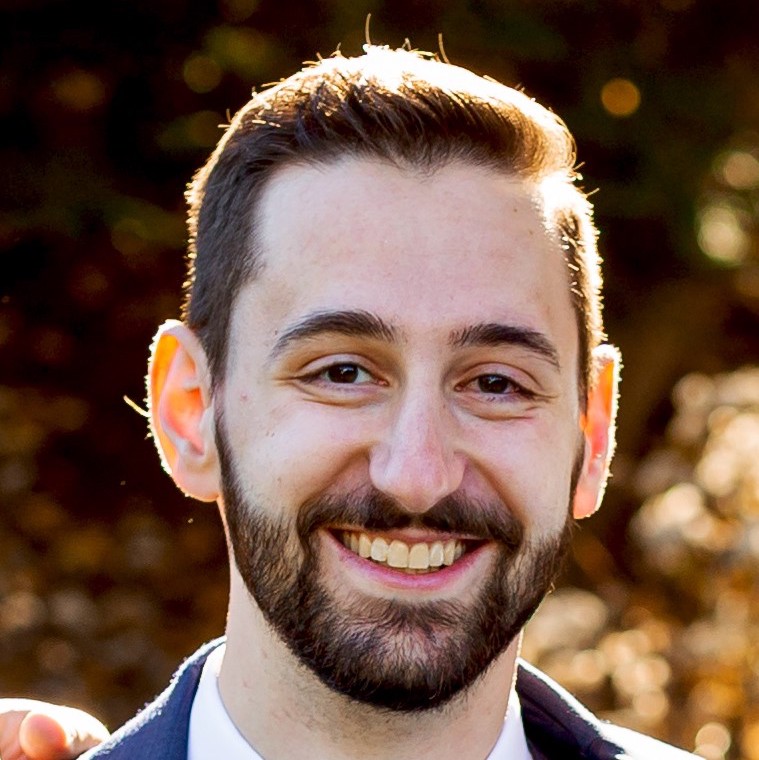|
Getting your Trinity Audio player ready...
|
Ross Douthat recently wrote a series of opinion pieces called “How Catholics became prisoners of Vatican II” and “How Vatican II Failed Catholics.”
In the weeks and months since, the festering wound of Vatican II’s interpretation has been reopened in the Catholic blogosphere. America magazine published a response, “Vatican II didn’t fail. It’s just getting started.” National Catholic Register (the good one) called Douthat’s article a “materialist understanding” of the Council. Bishop Barron released a podcast dubbed “Was Vatican II a failure?” (Spoiler alert: he says no). John Cavadini, Mary Healy, and Thomas Weinandy published, in Church Life Journal, a lengthy summary of Vatican II’s victories and defeats.
And on, and on.
Orthodox. Faithful. Free.
Sign up to get Crisis articles delivered to your inbox daily
But why does it matter whether Vatican II failed? All of the ink spilt over the Council only proves Douthat’s original point—that Catholics are prisoners of Vatican II.
We wonder about the vocation crisis, the abuse crisis, and the financial crisis. We observe dwindling numbers. “Where are all the Young People™?” we cry. And everyone either blames the Council, blames those who blame the Council, or blames those who blame those who blame the Council. Douthat argues this is due to three factors: 1) the Council was necessary, but 2) the Council was a failure, and 3) the Council cannot be undone.
But we really don’t need number 2. Vatican II’s success or failure is actually irrelevant.
The debate over whether Vatican II was a failure is endemic because of a strong personal attachment to the Council and what it “means” for the undying “boomers” who run our aged Church. But the Young People™ know better. The Council may have been a failure, or maybe it wasn’t. Maybe it was exactly what the modern world of the ’60s and ’70s needed in the Church. But then the modern world changed, and it changed fast. Sure, the Council tried to adapt the Church to the modern world. Can we bracket the question of whether it succeeded to at least acknowledge that it failed to adapt the Church to the post-modern world?
Yes, the current generation even more than most argues about the Latin Mass and that stuff, but they are not arguing about that Latin Mass—the Latin Mass pre-Vatican II. At least, not really. They are arguing about their Latin Mass—the one they celebrate today in their communities, whose members are probably all under 40.
Except for the rare dweebs who care deeply about historical theology or who love to spend their Sundays LARPing the 1950s (I am both) the contemporary debates about liturgy, theology, and politics that often appear to baby boomers to be about Vatican II are not actually about Vatican II. Traditionis Custodes was made and praised in terms of what it means for Vatican II. But (again, dweebs excepting) the opposition to it is really only about preserving the here-and-now communities “traditionalists” have come to love. The historical debates are just intellectual trimmings to justify them.
Now, I have no personal love for the Latin Mass. My attention span has been too destroyed by social media to even stay awake. But its (mild) popularity with young people is just because it’s an alternative to what clearly doesn’t work for their post-modern lives.
Baby-boomer attitudes to modern traditionalist practices are shaped by their experiences of these things back when they were the mainstream. Ironically, the same approach predominates young people’s attitudes toward the Novus Ordo. And yet, the debates are perpetuated in a mistaken 1960s context as if young trads are of the same mindset as Cardinal Ottaviani.
But us Young People™ inhabit a different world. We have no memories of unhappy, cassock-clad priests yelling at us in Confession. In fact, we have no memories of priests at all. Debates about Vatican II’s interpretation are as interesting to us as debates about what house to retire in. We probably won’t get a house anyway, and we definitely won’t retire.
A freshness is needed. Vatican II was consciously trying to engage with the modern world of the 1960s. But the world today is as different from 1962 as 1962 was from 1868. The collapse of the Soviet-American Cold War; same-sex marriage and gender ideology; digital revolutions and technology; contraception and abortion; divorce and the breakdown of third spaces; demographic collapse and vast immigration. A freshness is needed. Vatican II was consciously trying to engage with the modern world of the 1960s. But the world today is as different from 1962 as 1962 was from 1868. Tweet This
“Vatican II will save us!” sounds a lot to me like “LBJ will save us!” LBJ is dead. Who cares if he “failed” or “succeeded” in 1963 terms? He obviously isn’t doing too much in 2023 terms.
So, who cares if a vernacular Mass was a good or bad idea in 1963? The Young People™ care more if it’s a good or bad idea now. The world of the 1960s is gone, and with it any real relevance of Vatican II. Continuing the arguments just traps us in a self-referential fight over a prize that no longer exists.
Don’t get me wrong. I’m not just blithely saying “can’t we all just get along?” Questions of self-identity, liturgy, and the like are important and remain unsettled since Vatican II. But it is time to unhinge those questions from Vatican II and its battles of interpretation.
Maybe an approach more similar to the pre-Vatican II approach than the Vatican II approach is a better answer in today’s world. Then again, maybe not. But no answer will be reached until the questions are asked in the correct modern context. As Douthat says, the Council cannot be undone. But maybe it’s time to ignore it. After all, aggiornamento demands it.
[Image Credit: Getty Images]
